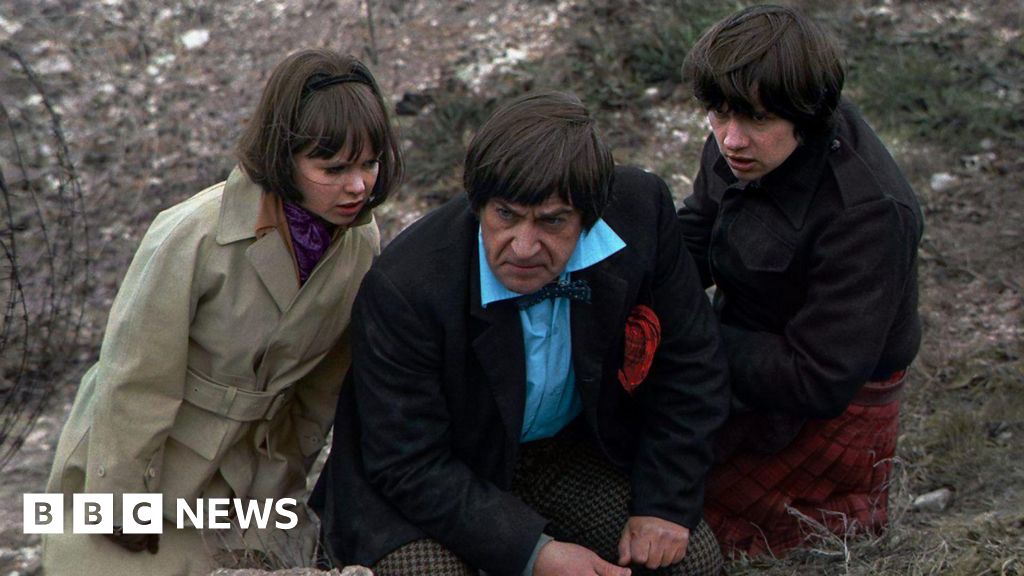Next week, around 3,000 prisoners in England and Wales will be released early from jail.
Why? In the last week or so the system came within around 100 places of running out of cells.
For month after month the number of prisoners and number of prison places have been nearly the same – in other words, the prisons are full.
The last Conservative government acknowledged this problem and had resorted to some emergency measures to try to ease the pressure, including letting some prisoners out early.
There were senior figures within the then-government arguing they should go further and let more out – which is what Labour are now about to do.
But with an election imminent there was a reluctance to do it, as being even more lenient on criminals, as some might see it, was, it was judged, unlikely to be popular with many voters.
Prisons are pretty much full for a variety of reasons.
More people are being sent to prison, and the average sentence given has been getting longer.
You can read more about this here, from the Institute for Government.
Added to that, not enough new prisons have been built to provide places for the extra prisoners.
Then a backlog of cases in crown courts built up because of the pandemic.
And then there were the riots this summer.
The new government is planning on building more prisons and hopes that by categorising them as a national priority that will overcome the local planning objections previous proposals have collided with.
Others ask a wider question – are we as a society jailing too many or too few people?
One senior figure has told me it costs on average £49,000 to lock someone up for a year and each new cell costs an average of £600,000.
From next week and for the first time, thousands of offenders who have served 40% of their prison terms will be eligible for release.
Government sources insist those who have been convicted of serious violent offences or sexual offences will not be let out early.
And they also hope – having announced their plans two months ago – they have had the chance to prepare the probation service for supporting those who will be released.
But one figure within the service told me they worried that dangerous people would be out on our streets who shouldn’t be.
‘Fights, killings…all sorts could happen’ - Inside one of the UK's most dangerous prisons
To give you a sense of the scale of the challenge here, both the last government and the new government have had conversations with the Estonian government about the idea of exporting prisoners to serve their sentence there.
As extraordinary as this sounds, it wouldn’t be unprecedented – other European countries have struck such arrangements, where prisoners are convicted in one country and jailed in another.
The idea was raised again by the Estonian government with the justice secretary, Shabana Mahmood, on a visit there this week.
I am told both former Conservative ministers and current Labour ministers independently came to the view that it would be very expensive.
But the fact the idea hasn’t been rejected outright tells you something about how willing ministers are to consider novel potential solutions to deal with the problem they confront.

 3 months ago
14
3 months ago
14









